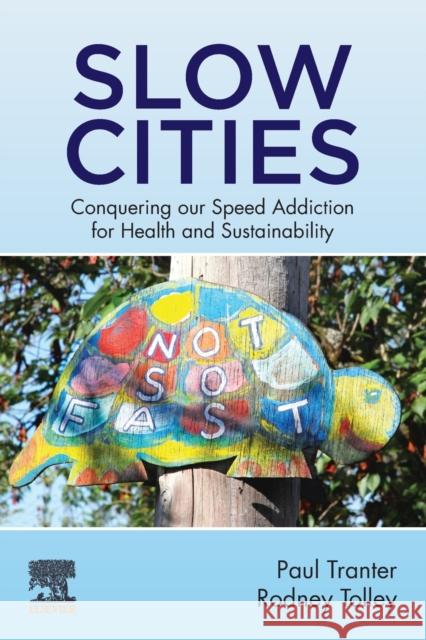Slow Cities: Conquering Our Speed Addiction for Health and Sustainability » książka
topmenu
Slow Cities: Conquering Our Speed Addiction for Health and Sustainability
ISBN-13: 9780128153161 / Angielski / Miękka / 2020 / 256 str.
Slow Cities: Conquering Our Speed Addiction for Health and Sustainability
ISBN-13: 9780128153161 / Angielski / Miękka / 2020 / 256 str.
cena 476,99
(netto: 454,28 VAT: 5%)
Najniższa cena z 30 dni: 473,09
(netto: 454,28 VAT: 5%)
Najniższa cena z 30 dni: 473,09
Termin realizacji zamówienia:
ok. 30 dni roboczych
Bez gwarancji dostawy przed świętami
ok. 30 dni roboczych
Bez gwarancji dostawy przed świętami
Darmowa dostawa!
Kategorie:
Kategorie BISAC:
Wydawca:
Elsevier
Język:
Angielski
ISBN-13:
9780128153161
Rok wydania:
2020
Ilość stron:
256
Waga:
0.56 kg
Wymiary:
22.86 x 15.24 x 2.18
Oprawa:
Miękka
Wolumenów:
01
Dodatkowe informacje:
Komentarz
Bibliografia
Bibliografia











